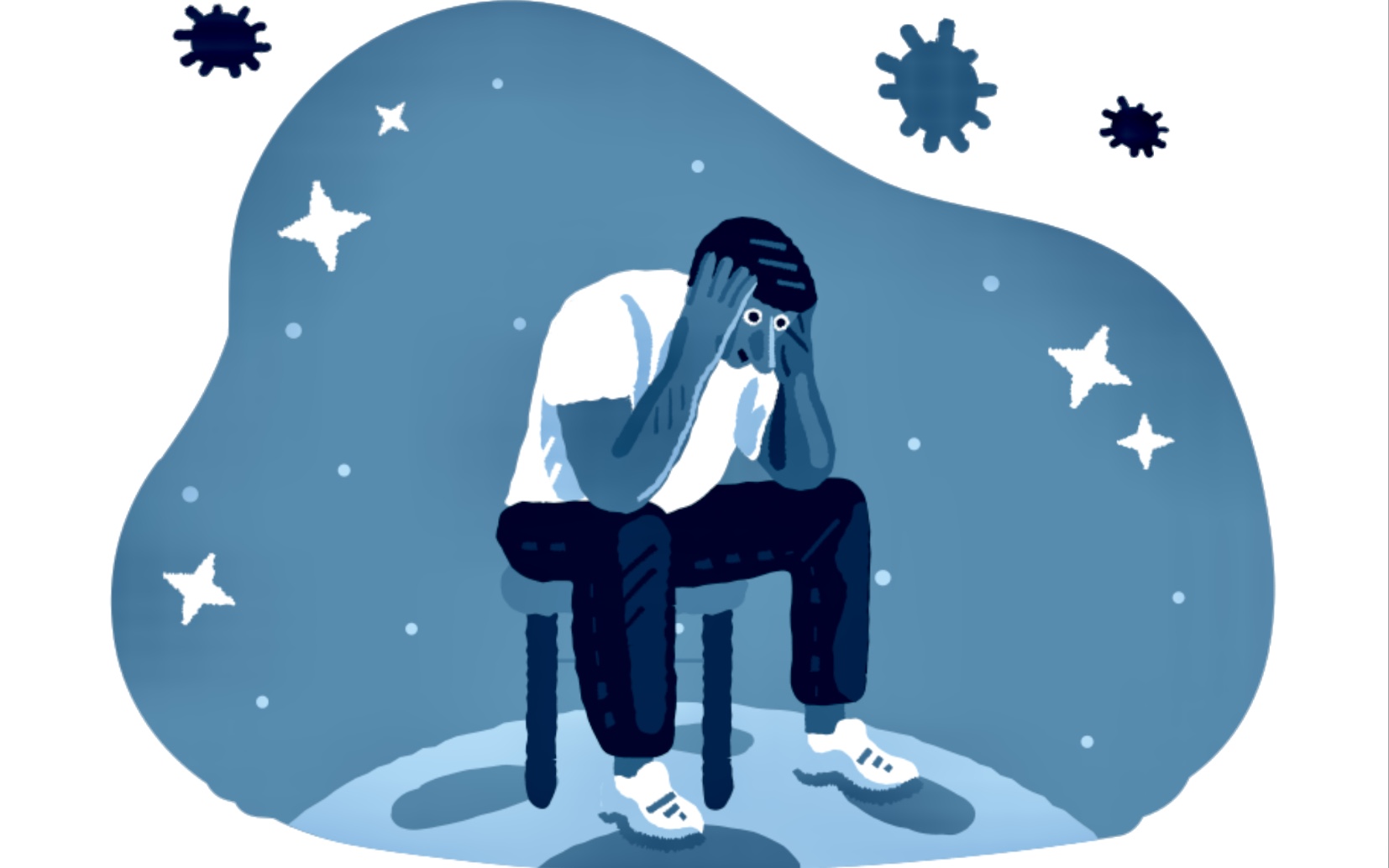A study released today finds that long Covid is very common. In fact, it impacts over half of those that get it.
Long Covid” or “Post Covid” is condition in which symptoms continue even after someone recovers from the virus itself. But the symptoms and severity vary with each case, sometimes resulting in long hospitalizations.
The report released today by Penn State Medicine was conducted at their Hershey, Pennsylvania facility. More, it shows that over half of those that become sick with it, develop long-term symptoms.
Symptoms vary and may include: fatigue, chronic headaches, fever, depression, pain, a loss of taste and smell, difficulty thinking, a racing heart and many others issues.
A different study recently found that 14% of infected individuals still experienced effects 12 weeks after the initial infection.
In fact, governments, health care organizations and public health professionals should prepare for the large number of COVID-19 survivors who will need care for a variety of psychological and physical symptoms, Penn State reported.
Because the pandemic started under two years ago, it is too soon to fully understand the full impact. But what the study demonstrates is that it is a very serious issue, impacting millions. More, it will take time before its true impact will be understood.
We first reported on long Covid on June 1, 2020, after it was first recognized in children. Later, it was recognized in adults, also. In fact, we continue to report on this significant issue regularly, posting on such subjects as “breakthrough cases” causing it and government interventions.
Vaccines are Key
Separately, the finding demonstrates the urgency of vaccinations. Thus, it also impacts health messages, too.
COVID-19 is a vaccine-preventable disease. More, everyone 12 or older in the United States can now get a free vaccine regardless of their immigration or health insurance status.
Vaccines are safe. And they are effective. Also, while some “breakthrough cases” do occur, vaccines substantially curb their symptoms.
Here is how to get the shot. More, you are considered fully vaccinated two weeks after you receive the second dose.
How to set up your Vaccination
Illustration by Natasha Remarchuk

